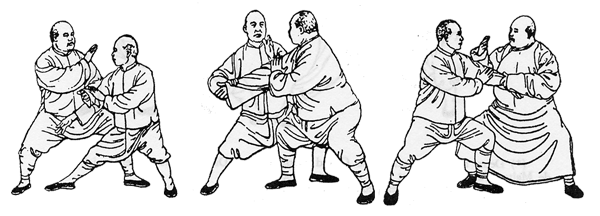[Supple Push Hands Through Natural Action
(自然而為的鬆柔推手)]
The Eight Methods of Tai Chi (太極八法) are natural phenomena that arise when the body’s various joints and connections are relaxed. This concept aligns with the "Wu Wei (無為)" philosophy of Laozi and Zhuangzi, emphasizing effortless action that arises naturally and unintentionally. Therefore, the application of supple techniques is characterized by independence, eternity, and unceasing movement (周行不殆).
Through this process, they become pathways to "Wu Bu Wei" (無所不為)—achieving great utility and gaining advantage. The dynamics of loss and gain (吃虧與佔便宜), effortless action and boundless action (無為與無不為), and uselessness and great utility (無用與大用) cycle endlessly through the interplay of Yin and Yang (陰陽), forming a perpetual cycle of transformation and return.


沒有留言:
張貼留言